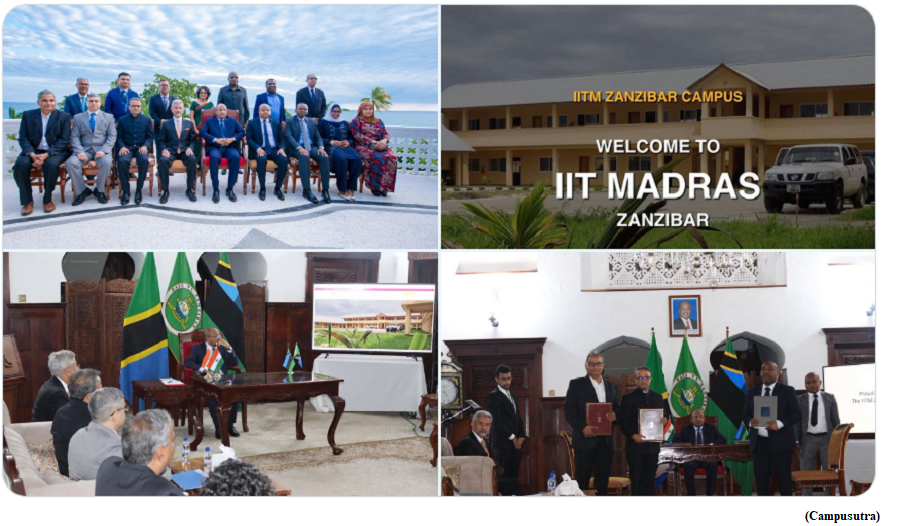RBI wants banks to let customers choose among Visa, Mastercard, other card networks (GS Paper 3, Economy)

Why in news?
- The Reserve Bank of India (RBI) wants credit card issuers (banks and finance companies) to allow customers opt for their desired card network instead of forcing them to accept the favourite networks of banks.
What does the proposal entail?
- It has proposed that card issuers provide an option to their eligible customers to choose any one among the multiple card networks. This option may be exercised by customers either at the time of issue or at any subsequent time.
- The RBI has said card issuers should not enter into any arrangement or agreement with card networks that restrain them from availing the services of other card networks.
What do card networks do?
- Credit card networks provide the centralised communication system that card issuers like banks and non-banks use to process credit card transactions.
- The networks and issuers authorise and process credit card transactions, set the transaction terms, and move payments between customers, businesses, and their banks. Major credit card networks include Visa, Mastercard, American Express and RuPay.
- Banks usually issue credit cards to customers in association with card networks. If a customer has a credit card issued by the bank with its logo and the Visa logo on it, the bank is the credit card issuer and Visa is the credit card network.
- When a customer uses a credit card to make a purchase, the transaction request goes to the credit card issuer, who then decides whether or not to authorise it through the network system of the card networks. The bank extends credit to the cardholder, and the cardholder pays the bank back for purchases made with the credit card.
What are the practices that RBI want to put an end?
- Many banks have exclusively tied up with card networks to offer their services whether the customers prefer them or not. While one of India’s leading two private banks have tied up with Visa, the other one offers only the network of MasterCard.
- The RBI had indefinitely barred Mastercard, American Express and Diners Club from issuing new debit, credit or prepaid cards to customers over noncompliance with local data storage rules two years ago but lifted the ban later.
What is Threads?
(GS Paper 3, Science and Technology)
Why in news?
- Meta’s Mark Zuckerberg recently launched Instagram’s Threads platform. Threads, logged five million sign-ups in its first four hours of operation.
- It is aimed at cashing in on Twitter’s self-inflicted issues.

Threads App:
- Threads App is freely available in 100 countries on the Google and Apple App Stores, although regulatory concerns mean it will not be available in the EU.
What is Threads?
- Threads is a brand new microblogging platform from Meta, the company that owns WhatsApp, Facebook and Instagram.
- The app has been designed and built by the Instagram team and is described as a platform for sharing text updates and joining public conversations.
- On Threads, there are buttons to like, repost, reply to or quote a thread, and users see the number of likes and replies that a post has received.
- Posts are limited to 500 characters, which is more than Twitter’s 280-character threshold, and can include links, photos and videos up to five minutes long.
- Instagram users will be able to log in with their existing usernames and follow the same accounts on the new app. New users will have to set up an Instagram account.
Concerns:
- Meta’s new offering, however, has raised data privacy concerns.
- Threads could collect a wide range of personal information, including health, financial, contacts, browsing and search history, location data, purchases and “sensitive info”.
MoU for setting up of campus of IIT Madras in Zanzibar- Tanzania signed
(GS Paper 2, International Relation)
Why in news?
- The Memorandum of Understanding (MoU) for setting up of campus of IIT Madras in Zanzibar- Tanzania was recently signed.
- This is the first ever IIT campus to be set up outside India.
- It is a reminder of the focus India places on building people to people ties across Africa and the Global South.

Key Highlights:
- The academic programs, curricula, student selection aspects and pedagogical details will be by IIT Madras, whereas the capital and operating expenditure will be met by the government of Zanzibar-Tanzania.
- IIT Madras degrees will be awarded to the students enrolled in this campus.
- The state-of-the-art interdisciplinary degrees are expected to attract a diverse cohort and will include students from Tanzania and other countries as well.
- Indian students are also eligible to apply to these programs.
Way Forward:
- IIT campus in Zanzibar- Tanzania is envisioned as a world class higher education and research institution with a broader mission to develop competencies in response to emerging global requirements, deepen ties between the nations, and support research and innovation in the region.
- It will serve as an example to the world, of the aspirational qualities of Indian higher education and innovation.




